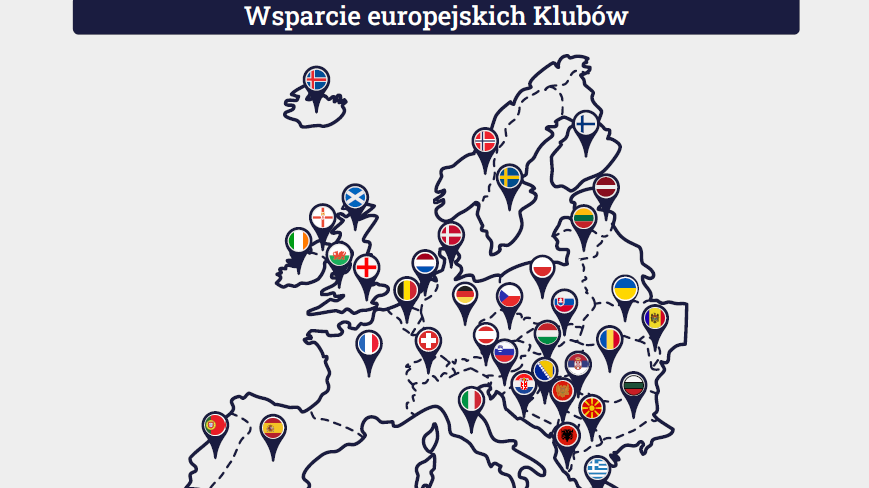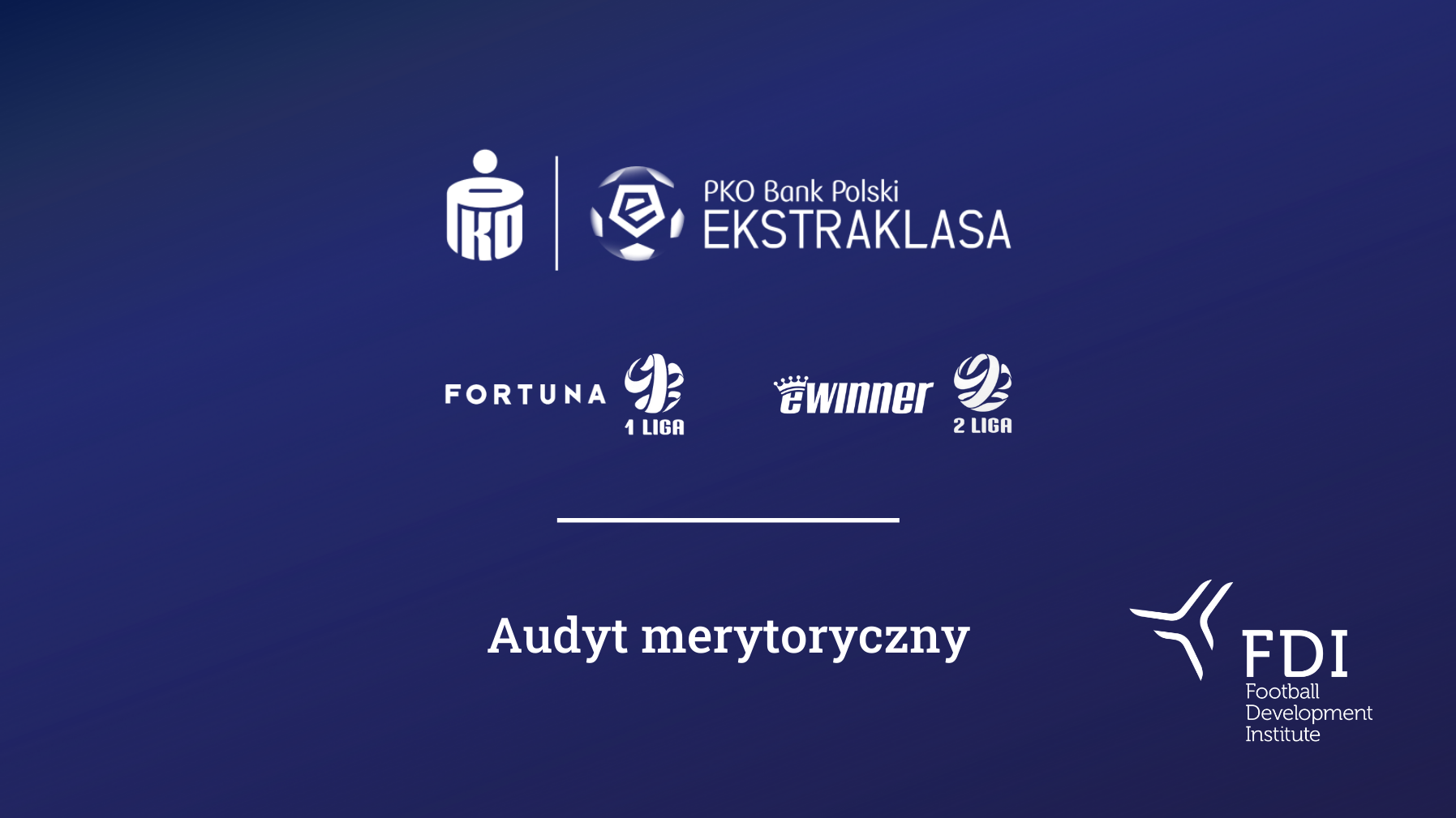Education vision of FDI – and why there is no education in football nowadays

I hold a coaching licence and have personally experienced many so-called education programs. I was also on the other side for a long time and gave many lectures during UEFA coaching courses. For this reason, it was possible for me to observe ideas as well as processes behind the scenes. For a long time, I have also been analyzing the education for the roles of Board Members, Sport Directors and Analysts. My conclusion is clearly negative: there is no proper education for Board Members, Sports Directors, Coaches and Analysts nowadays. I would like to change that and consequently I have designed my own education vision. I present it in this article.
▶ Education Vision of FDI
My definition of “Education”, which is of course practiced by FDI, takes into account four elements: “Structure”, “Quality of content”, “Coherence of content” and “Unification”. In each segment, I have determined rules that are education indicators.

🔹 Structure: A multi-level, long-term educational program based on various forms of teaching.
🔹 Quality of content: There are six key elements in this area. (1)The respective educational institution has a specific “Football Identity”, which represents its own considerations, convictions, as well as visions, holds concepts and models, at the same time enables consistency of education. (2)Each institution works out its own definition and position profile of the analyzed Specialist role (future model case: further interpretation of the European standard). (3)A education is based on self-designed pillars: Definition/position profile of the Specialist and own Club Development Model (depending on the role additionally with derivations, for example: Game Model | Complementary Model for Development of Teams & Players | Analysis Model). (4)The minimum goal of the long-term process is to provide accurate answers to the knowledge as well as competence needs derived from the position profile and related task scope. (5)The next point obliges educational institutions to elaborate complex, detailed and profound contents. (6)These should be based on concrete definitions, concepts, models, solutions and mechanisms.
🔹 Coherence of content: There are two levels of coherence. The first one covers the subject directory of the education. Here acts as an example the specialized course of FDI under the title of “Sports Director”. The conception of the certificate foresees seven main areas that complement each other: Club Management || Football Intellectual Foundations || Football & Management || Communication || Finance || Legal & Licensing || Psychology. In addition, there are numerous subject areas in each main area that “communicate” with each other (example: Club Management|| Club Profile <–> Club Strategy). Furthermore, there is an internal relationship between individual subject areas within different main areas (example: Football & Management || Specialist Management Model in the Sports Department <–> Finances || Financing of the Club <–> Communication || Information Policy). The second coherence level goes one step deeper and requires a precise unification as well as interlocking of the contents themselves. First of all, each subject area (including specific topics) should be processed consistently in terms of content: same definitions, same concepts, same models, same mechanisms. The compatibility is also expected between respective subject areas (including specific topics) of the same main area. For example, if “Game Model” is taught once, but later “Complementary Development Model for Teams and Players” is brought up (both in the subject area Complex Football Concept of the main area Football & Management), then both topics merge into each other. In the context of the conceptual-content connection, this interplay also occurs between subject areas (including specific topics) that belong to different main areas (example: Football & Management || Sports Department Management Model <–> Finances || Club Budget <–> Communication || Internal Communication <–> Psychology || Leadership).
🔹 Unification: An immanent part of my education concept, which means a sustainable (at least a decade) retention of the structural and content characteristics.
▶ Complex parallel education

The so-called education – if I have my wish – should continue to be certified by UEFA (Coaches). Gladly, other certification systems should also be launched by UEFA. Nevertheless, when it comes to the right education, I plead for a Europe-wide commitment of educational institutions that want to reform themselves. I call this proposal a “parallel education”. In this scenario, any highly qualified and interested educational institution that meets the above criteria would be able to establish its own education program for specific Specialist roles. There is no way around the UEFA licencing of sports directors or analysts in the future. For administrative motives. However, a state degree (similar to high school diploma or university degree) is not synonymous with the end of personal education. In this sense, the UEFA licence becomes an important professional badge, but real self-development needs much more substance. Thanks to various optional educational routes, each conscious and ambitious Specialist could choose a characteristic of the respective Specialist role (Football Identity of educational institutions) and thus explicitly benefit from the advantages of a selected educational path. A targeted development that enriches own profile, lets steer career and helps football.
▶ A big problem of football
What is the reality so far? Insufficient. There is currently no real education in football. Training measures only.

🔹 Structure
Existing offers consist solely of a single course, after which participants fall into the emptiness. They are not accompanied, supported or further educated from then on. After completing the “certificate” – which often lasts only a few months and frequently takes place online most of the time – all graduates are forgotten. With, at best, impulses in their backpacks.
🔹 Quality of content
Educational institutions do not have a “Football Identity”. Consequently, they have no definition or structured position profile for the respective Specialist (Board Member | Sports Director | Coach | Analyst), nor do they have a model for club development. This leads to a complete tristesse in terms of content, because particular courses are missing the most important components of the education. Of course, the minimum goal is not feasible, because it is impossible to determine the necessary knowledge/competence needs and to adapt content appropriately if the vast majority of roles in European football have not been defined and, at the same time, no educational institution has addressed the challenge of defining its own roles.
Due to the above mentioned flaws, course providers take refuge in “approximate regions”. In other words: massive generalizations of any kind, without complexly structured and detailed contents, without own opinions, without concrete solutions. As an example, let’s take the position of Sports Director. There are four groups of “education providers”. The first simply delivers sports management courses. The focus is not even on football, but on sport in general, a wide range of employers (federations, associations, clubs, companies, agencies) and various sports management positions. The second group of institutions (including UEFA) offers superficial football management, rather than specific Sports Director courses. In this variant, content overlaps with quite a few club functions, except for the Sports Director. The third group of organizations brings football management certificates to the market, where, among other things, the role of the Sports Director is addressed. Some educational institutions (the fourth group) focus theoretically on the Sports Director position in a football Club, which sounds wonderful to many prospective participants. An explicit study of the Sports Director role is promised. Unfortunately, a closer look reveals classic pitfalls. These are found in the fourth, but also in the third group. Operating without an institution-specific “Football Identity” forces the respective organizers to make constant sidesteps and causes a considerable dilution of the standard. The difficult slalom run begins with the compilation of the topic list. Appropriate topics cannot be derived from the self-defined role of the Sports Director and the self-designed Club Development Model, because these pillars have simply not been worked out in-house. Therefore, the providers try to act in general and to create a balancing act. On the one hand to move the subject directory in the direction of “sports”, on the other hand to include as wide a collection of other subject areas as possible for safety’s sake. As a result (a current example), football takes up only 30% of the entire subject matter, but aspects such as “match day organization”, “security and fan work”, “media rights”, “sponsoring” and “ticketing” appear, which are absolutely out of place in the responsibility portfolio of a Sports Director. Naturally, the content side suffers from the absence of a “Football Identity”, its lack of conceptual components and great inhibitions against subjective opinion by educational institutions. And this fundamentally. Complex, detailed and profound explanations are not present. Precise concepts, models and projects cannot be introduced either. Instead, notorious sidestepping and superficiality of content are sold as valuable impulses in an open minded discussion. Nowadays, euphemistic language in football lets large crowds get excited.
🔹 Coherence of content
All deficits presented in the context of “Content quality” logically exclude “Conherence of content”. The sports management courses (variant no. 1) do not deserve any further mention in this regard, as they do not focus on either the right employer family (Club) or the analyzed role (Sports Director). For a similar reason, there is no need to think about compatibility of content during general football management education classes (variant no. 2). In this case, after all, the football Club is installed as a frame of reference, but the specific Sports Director position does not generate much interest. The organizers of football management certificates with accentuation of the Sports Director position (variant no. 3) as well as supposed Sports Director certificates (variant no. 4) have – except for the employer family and the role – also not created conditions for coherent subject matter. Already included subject agenda has, to put it mildly, a heterogeneous format. Furthermore, all subject areas and individual topics have the status of headlines. Contents are brought in uncontrolled by invited Lecturers. If there is a change of Experts, the same subject matter is interpreted completely differently. The conceptual and content-related lack of planning by educational institutions also displaces compatibility between directly corresponding subject areas (including specific topics) and between subject areas (including specific topics) in different main areas with the same power.
🔹 Unification
It is a foreign concept in football education. The absence of structural and content-related foundations prevents a sustainability. The only constant is chaos, which destroys any unification.
Football Development Institute meets every criterion of the self-defined education vision. What does our “Education System” look like? What Specialist roles are intended for? And in what ways do we support people eager for knowledge? All the information is on our website.
Read also






